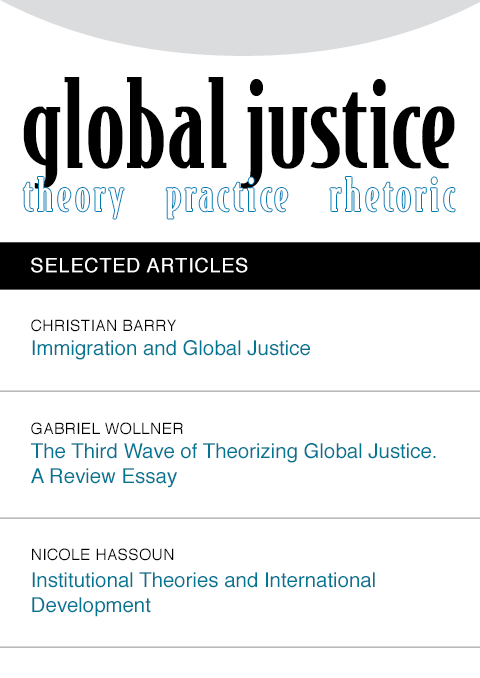COVID-19 and Authoritarianism: Two Strategies of Engaging Fear
DOI:
https://doi.org/10.21248/gjn.13.02.259Abstract
This paper considers ways in which rulers can respond to, generate, or exploit fear of COVID-19 infection for various ends, and in particular distinguishes between ‘fear-invoking’ and ‘fear-minimising’ strategies. It examines historical precedent for executive overreach in crises and then moves on to look in more detail at some specific areas where fear is being mobilised or generated: in ways that lead to the suspension of civil liberties; that foster discrimination against minorities; and that boost the personality cult of leaders and limit criticism or competition. Finally, in the Appendix, we present empirical work, based on the results of an original survey in Brazil, that provides support for the conjectures in the previous sections. While it is too early to tell what the longer-term outcomes of the changes we note will be, our purpose here is simply to identify some warning signs that threaten the key institutions and values of democracy.

 Global Justice: Theory Practice Rhetoric (TPR) is a peer-reviewed, open-access e-journal which publishes original research in international political theory, with special emphasis on global justice. We are particularly interested in bridging the gap between political theory, empirical research, and the study of political practices and communication.
Global Justice: Theory Practice Rhetoric (TPR) is a peer-reviewed, open-access e-journal which publishes original research in international political theory, with special emphasis on global justice. We are particularly interested in bridging the gap between political theory, empirical research, and the study of political practices and communication. 


